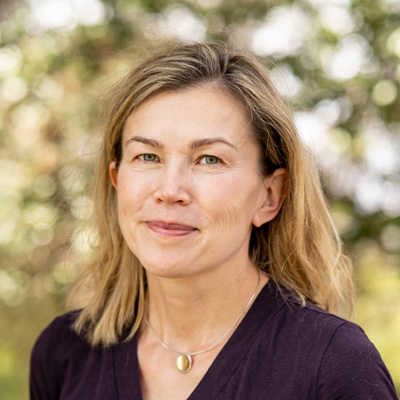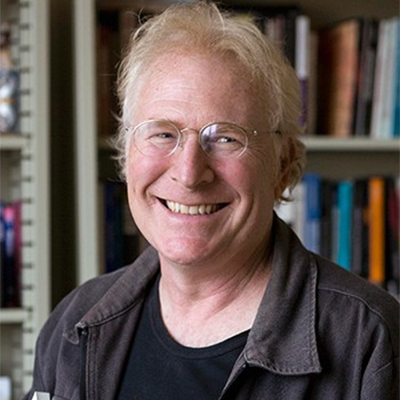Sacred Foundations: The Religious and Medieval Roots of the Modern State
Thursday, December 5, 2024 | 5:00 - 7:00 PM | Devlin Hall 101 | Please register to attend | Hybrid Event
Livestream on zoom.

From the aftermath of communism to the place of religion in politics, Anna Grzymała-Busse has spent her career engaging some of the most vexing questions of contemporary political life. The Michelle and Kevin Douglas Professor of International Studies at Stanford, Grzymała-Busse is also a Senior Fellow at the Freeman Spogli Institute for International Studies and the Hoover Institution. Her first two books, Redeeming the Communist Past (Cambridge, 2002) and Rebuilding Leviathan (Cambridge, 2007), established her as a leading authority on the political transformation of Eastern European societies. More recently, she has turned her attention to the intersection of religion and politics, examining the political influence of churches in differing national contexts in her third book, Nations Under God (Princeton, 2015).
In her latest work, Sacred Foundations (Princeton, 2023), Prof. Grzymała-Busse offers a striking new interpretation of the origins of the modern state. How did the medieval Catholic church birth the modern secular state, and how does this surprising history continue to shape our political life today? To share her insights into the paradoxical past and uncertain future of contemporary democratic states, the Clough Center is delighted to welcome Anna Grzymała-Busse as a 2024-25 Clough Distinguished Lecturer. Please join us for a thought-provoking lecture, and the final event of our fall semester.
Bios

Anna Grzymala-Busse
Anna Grzymala-Busse is the Michelle and Kevin Douglas Professor in the Department of Political Science, the director of the Europe Center, and Senior Fellow at the Freeman Spogli Institute at Stanford. She previously worked at the University of Michigan, Ann Arbor, and Yale University. Her research focuses on religion and politics, authoritarian political parties and their successors, and the historical development of the state. She is the author of four books: Redeeming the Communist Past: The Regeneration of Communist Successor Parties; Rebuilding Leviathan: Party Competition and State Development in Post-Communist Europe; Nations Under God: How Churches Use Moral Authority to Influence Politics; and Sacred Foundations: The religious and medieval origins of the European State. She is the recipient of the Carnegie and Guggenheim Fellowships.

Gerald Easter
Gerald Easter teaches courses in Comparative Politics, with a regional focus on Russia and Eastern Europe. His research interests include the modern state, post-communist transitions, comparative political economy. Current research projects focus on comparative politics of policing and pre-modern politics.
He is the author of the following books: Reconstructing the State: Personal Networks and Elite Identity in Soviet Russia (Cambridge University Press, 2000), Shaping the Economic Space of Russia (ed., Ashgate, 2000), Capital, Coercion, and Post-Communist States (Cornell University Press, 2012), The Tsarina's Lost Treasure (Pegasus, 2020), and Last Stand of the Raven Clan: When Russia Went to War in America (Pegasus, forthcoming).
He joined the Political Science faculty at Boston College in 2000. He also taught at Georgetown University, Miami University (Ohio), European University in Saint Petersburg, Venice International University, and University of Rome at Tor Vergata. He is currently the Department Chair.
Campus Map and Parking
Parking is available at the nearby Beacon Street and Commonwealth Avenue Garages.
Boston College is also accessible via public transportation (MBTA B Line - Boston College).
Boston College strongly encourages conference participants to receive the COVID-19 vaccination before attending events on campus.

